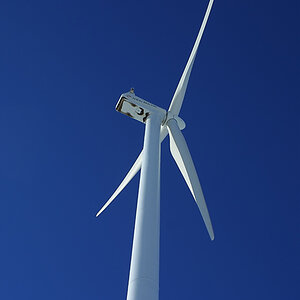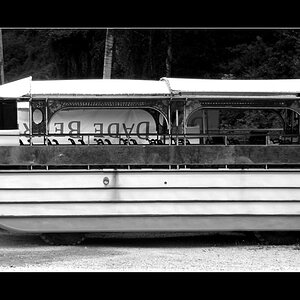christianoutdoorsguy
TPF Noob!
- Joined
- Aug 31, 2008
- Messages
- 23
- Reaction score
- 0
- Location
- Arizona
- Can others edit my Photos
- Photos OK to edit
I am just getting into photography. Looking to get telephoto lenses primarily for outdoors and far distances. Just got a good price on a D60 but was told I am very limited on the lenses I can use for this and only the Dx's will work. I am not too deep yet to look at a D80 or D200. Would I be much better off with one of 80 or 200? Like I said just getting into it but if it is like everything else I do I will dive in deep quickly. Would rather start out right then want to upgrade in 6 mos (like I am doing already). Just wondering what the advantages are to the 80 and 200. I am considering both. Please help this super newb. Thank you.
Last edited:




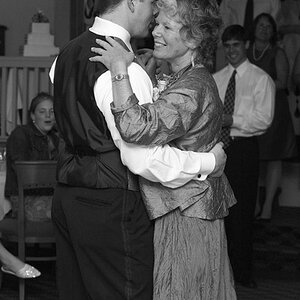
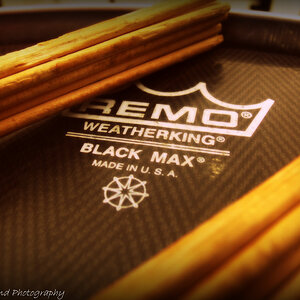
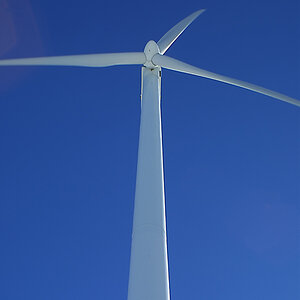

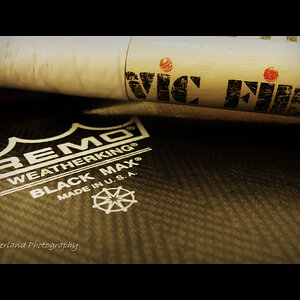
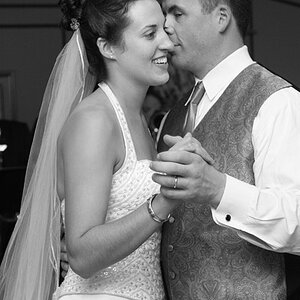

![[No title]](/data/xfmg/thumbnail/32/32160-4e45e524b050f1afae9fd21bf696d61b.jpg?1619735234)
